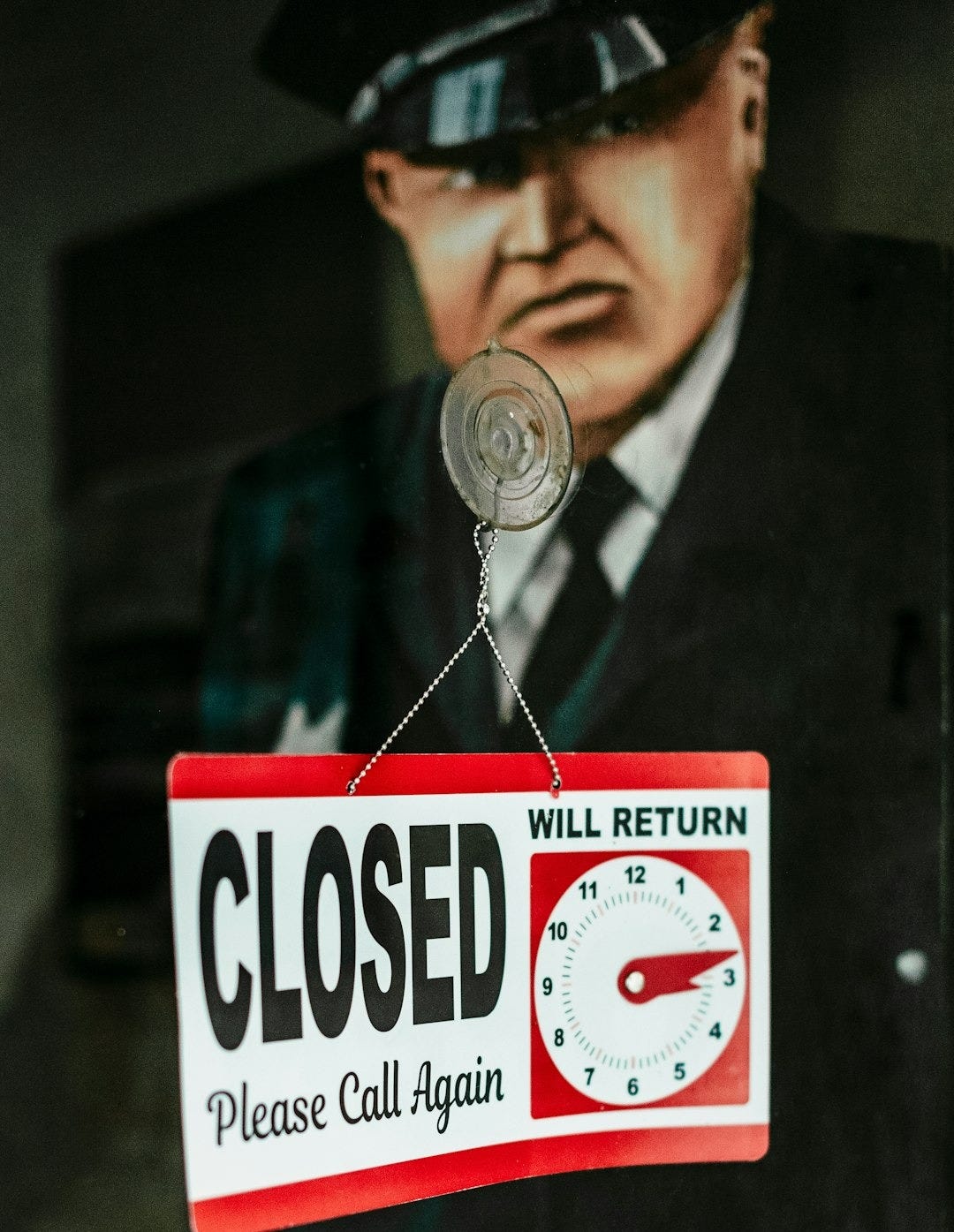SEC Needs Whistleblowers More Than Ever
DOGE cuts at SEC will be disastrous for investors. SEC needs help catching fraudsters and will have to rely more heavily on whistleblowers.

When I began my career at the Securities and Exchange Commission in Washington decades ago—on my first day in an orientation session for new employees—I learned that the agency existed “for the protection of investors.” That was our mission, we were told. And as a young lawyer, I was inspired.
The foundation of our nation’s capital markets is investor confidence that our markets are well-regulated and well-policed. America’s capital markets have long been regarded as the best-regulated and most transparent in the world. Likewise, our Securities and Exchange Commission has enjoyed a well-deserved reputation as the leading regulator. For all its imperfections, our regulatory scheme has been unquestionably the best there is. The SEC plays a critical role not just to our capital markets but to the economy and the lives and livelihoods of all Americans.
Recent DOGE funding cuts at SEC threaten to undermine the regulation of our capital markets, as well as investor confidence. The SEC whistleblower program may be the most cost-effective means of restoring confidence at this tumultuous time.
Over a decade ago, the SEC’s whistleblower program was created to incentivize those who are aware of industry wrongdoing to come forward and help the SEC do its job of stopping lawbreaking and protecting investors.
By any measure, the SEC’s whistleblower program has been a resounding success, benefitting investors and resulting in more than $6 billion in monetary sanctions paid by wrongdoers to the SEC. The whistleblower program not only does not cost taxpayers a dime—it makes billions.
The SEC whistleblower program not only does not cost taxpayers a dime—it makes billions.
Whistleblowers only get a financial award if the SEC recovers money from fraudsters. Whistleblowers receive these awards because they identify misconduct that the SEC might not otherwise uncover.
Given the recent funding cuts at the SEC, the importance of the whistleblower program in the coming years should only increase. The SEC will need more external help in pursuing wrongdoers—if it continues to do its job. Fortunately, the purpose of its whistleblower program is to motivate people who know of securities violations to report them to the SEC and assist the agency in prosecuting violators of the securities laws.
If the SEC doesn’t have the resources it needs to investigate, it will have to rely more heavily on whistleblowers. And all indications are that complex, technology-assisted investment fraud is poised to skyrocket in the coming months.
… all indications are that complex, technology-assisted investment fraud is poised to skyrocket in the coming months.
So, will the SEC’s whistleblower program grow to embrace more whistleblowers as the agency’s enforcement ranks dwindle? Or, on the other hand, will Wall Street see this as a long-awaited opportunity to gut the SEC whistleblower program?
Now is not the time to be tempting fate and testing investor confidence.




Ed, keep in in the fight.
Ohio STRS needs you to stay in this fight!!